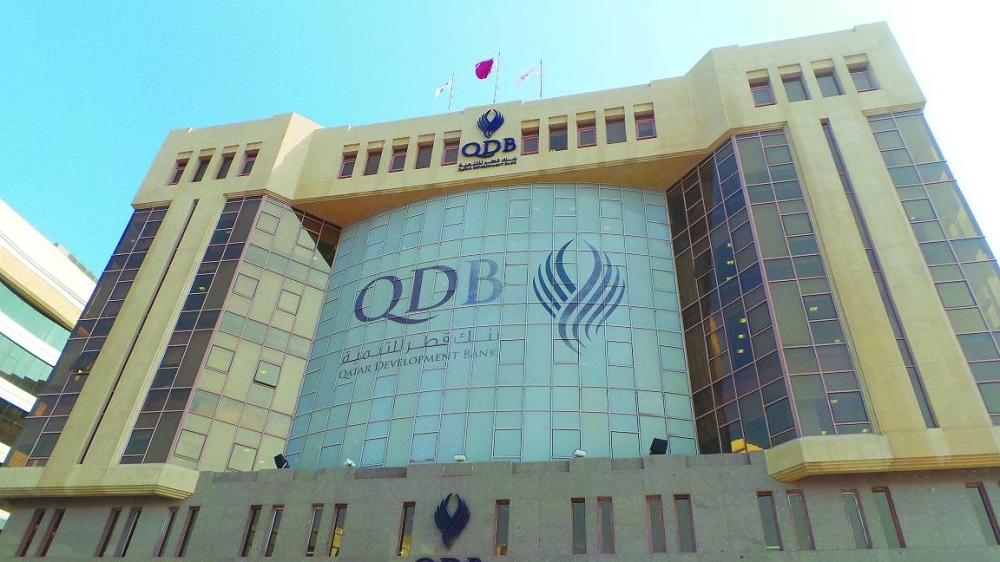The entrepreneurial ecosystem in the GCC (Gulf Co-operation Council) is ripe with opportunities for the startups, according to top official of Invest Promotion Agency Qatar (IPA Qatar).
These countries provide valuable resources, as workshops, incubators, mentors and co-working spaces, IPA Qatar chief executive officer Sheikh Ali Alwaleed al-Thani said in an article.
Finding that angel investing has gained "significant" traction in the recent years, attracting substantial startup funding; he said this support has propelled three GCC countries – Qatar, Saudi Arabia and the UAE – to be placed within the top ten of the Global Entrepreneurship Monitor 2022/23 National Entrepreneurship Context Index (NECI).
Entrepreneurship has emerged as a powerful catalyst for economic transformation and sustainable development, particularly in emerging markets, he said, adding countries like Malaysia, Colombia, Ecuador and Paraguay rely heavily on micro, small and medium-sized enterprises (MSMEs) to drive employment and foster growth.
Creating a supportive ecosystem is essential for entrepreneurs to thrive in emerging markets, from pathways to connect with mentors, advisors and peers, to access to key resources and networks, he said in the article, which is part of Centre for the New Economy and Society of the World Economic Forum.
Governments, corporations and non-profit organisations must collaborate to establish and fund business incubators and accelerators that encourage entrepreneurism, according to him.
Qatar exemplifies this collaborative approach through key stakeholders, including the Qatar Development Bank (QDB); Qatar Foundation (QF); and Qatar Science and Technology Park (QSTP).
These entities actively empower entrepreneurs and startups to realise their full potential and achieve sustainable growth, Sheikh Ali said.
QDB offers funding options, grants and technical assistance, QF provides initiatives and resources to support startups and QSTP offers services, such as office space, mentorship and funding opportunities.
"These stakeholders, coupled with Qatar's favourable policies for entrepreneurship, including simplified business registration processes and funding accessibility, have created a conducive environment for the startups to thrive," he said.
Identifying four keys to entrepreneurial success in emerging markets; he suggested governments and organisations in these markets should establish and fund tailored support programmes for entrepreneurs.
Governments can, for example, create entrepreneurship development funds that provide low-interest loans and grants for MSMEs in emerging markets, he said.
PPPs or public-private partnerships can facilitate the establishment of business incubators, accelerators and co-working spaces for entrepreneurs, according to him. Corporations can sponsor mentorship programmes or provide in-kind support, while government agencies can offer regulatory incentives for private sector involvement.
Sheikh Ali said innovative financing models can help address funding challenges faced by entrepreneurs in emerging markets.
"Governments can support these models through regulatory frameworks and collaborate with financial institutions to establish specialised impact investment funds and crowdfunding platforms for entrepreneurs in emerging markets," he suggested.
Entrepreneurship education should be integrated into formal education systems, vocational training programmes and community initiatives to help navigate the challenges of starting and growing a business, he said.
Through collaboration, governments and educational institutions can develop relevant and up-to-date curricula that align with the needs of the local entrepreneurial ecosystem, he added.

Qatar Development Bank offers funding options, grants and technical assistance, QF provides initiatives and resources to support startups and QSTP offers services, such as office space, mentorship and funding opportunities.

